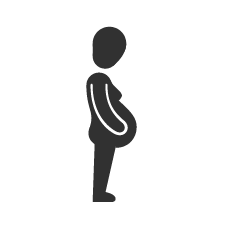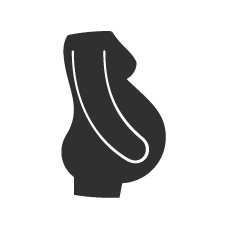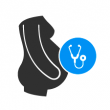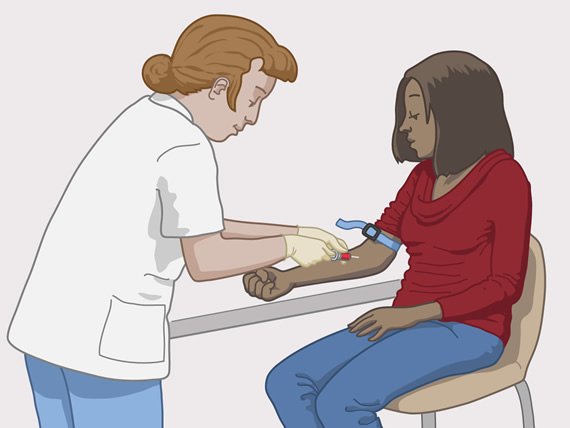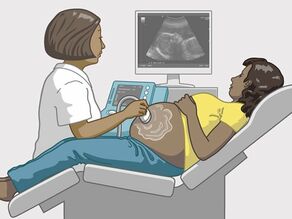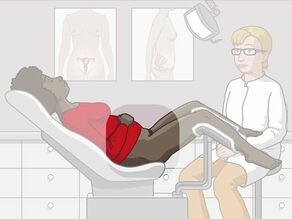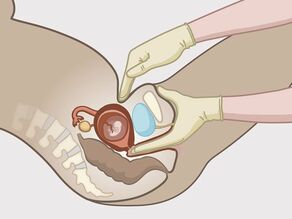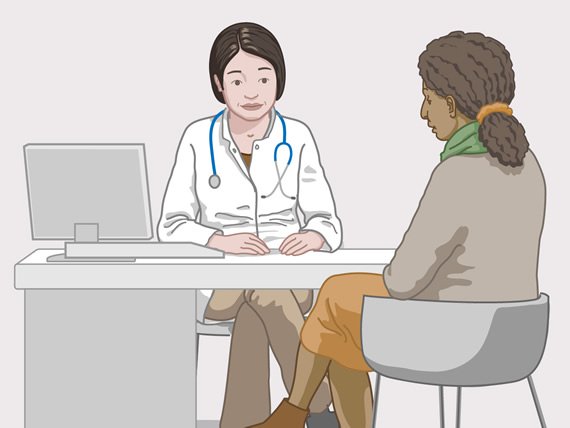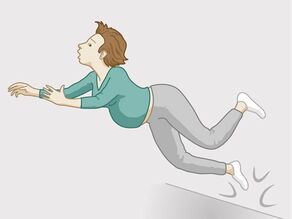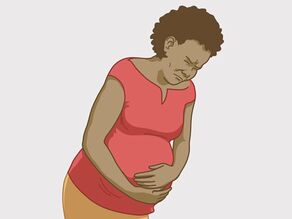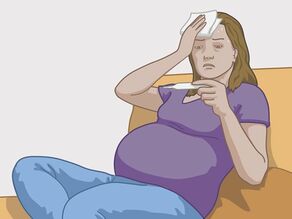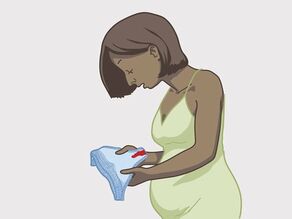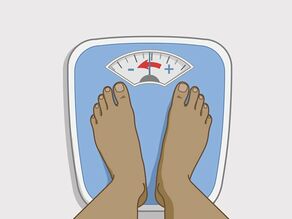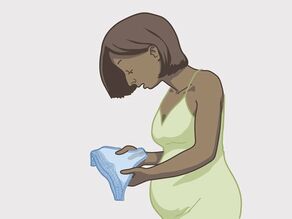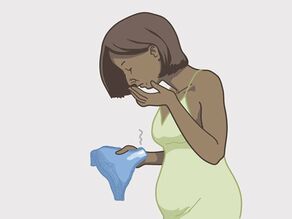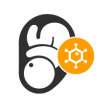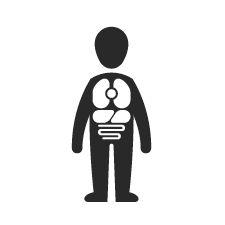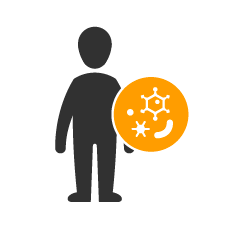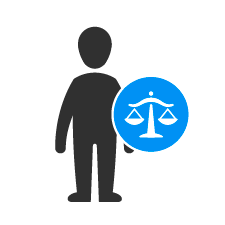In Norway, all pregnant women have a right to medical care during their pregnancy. The service is free of charge. During the pregnancy you will be looked after by your doctor or by a midwife. They will provide advice and support to ensure the health and wellbeing of you and your baby.
Early screening check-ups during pregnancy
Make an appointment with your general practitioner or midwife when you discover that you are pregnant. You choose if you want to go to your general practitioner, a midwife, or be followed up by both.
If you are pregnant a doctor and / or a midwife will take care of you and the foetus during your entire pregnancy. They will provide you with regular early screening check-ups and consultations. At the check-ups you can talk about any issues or problems you are having. You can ask everything you want to know about pregnancy and childbirth. You can also talk about the time after birth and about breastfeeding.
You can get aid from a qualified interpreter during these consultations.
You will get a document called the "helsekort for gravide" (maternal health passport). All the important information about your pregnancy will be written down by the doctor or the midwife in the passport. You should bring the maternal health passport with you for consultations with the doctor, the midwife and when you are admitted to the hospital. In case of an emergency, you should always carry the maternal health passport with you when you are pregnant.
Regular early screening check-ups
This is what the doctor and / or the midwife will do:
- He or she will ask you questions about yourself, previous pregnancies, the date of your last menstrual period, your partner, both families, etc., in order to learn more about your pregnancy.
- He or she will examine your weight, your blood pressure and your uterus. You also need to give a urine sample.
- He or she will inform you about tests that can be done to diagnose illnesses or abnormalities in the child (prenatal diagnostics). You can decide whether you would like to do the tests or not.
- He/she will ask you about your mental health and if you experience or have experienced violence and/or trauma.
- If necessary, he or she will perform an examination by entering through the vagina.
You will be offered an ultrasound scan during the 17-19. week of your pregnancy in order to:
- determine the expected date of birth,
- see if you are expecting one or more babies,
- check the position of the placenta.
After the 24. week of the pregnancy you will be able to notice the movements of the foetus daily. You should get to know the movement pattern of the foetus. Then you will be able to tell if the foetus changes movement patters later in the pregnancy. This might be a sign that something is wrong.
Emergency Situations
There are a few emergency situations. Then you cannot delay. Contact a doctor or a midwife if you:
- have fallen on your stomach,
- have a lot of pain in your stomach,
- have had a fever for several days,
- have a severe headache,
- experience visual disturbances,
- have problems breathing,
- get a bluish tint to your skin,
- notice that the foetus doesn't move as much or as often as it had previously,
- have lost a lot of weight
or if
- blood comes out of your vagina,
- you have a large amount of white vaginal discharge with a bad smell,
- amniotic fluid comes out of your vagina.
Partner violence during pregnancy
Partner violence is any form of violence between two people in a relationship. Partner violence is forbidden by law. The law protects you from violence, which means you have the right to receive support and help.
Partner violence during pregnancy can create health problems for the mother and the foetus. The problems can be physical or psychological. For example: anxiety, stress, blood loss, high blood pressure, premature birth, low birth weight, miscarriage.
Often the baby will need more care after the birth.
If you experience partner violence during your pregnancy, ask a doctor or midwife to help you.
Maternal and child health centres
The maternal and child health centres is a service offered pregnant women, children between the ages 0 and 5, and their parents. The public health centre is staffed with a midwife, public health nurse, doctor and a physical therapist. The public health centre works together with other municipal services and with the local hospital.
The public health centre offers health care to all children staying in Norway free of charge. The service provides medical screenings, offers vaccinations and provides advice and counselling for parents. Your child has a right to medical check-ups in the municipality where you live, or stay temporarily. Children without permanent residency in Norway have the same rights.
In some municipalities, the public health centre provides prenatal care and midwife services.
Contact the municipal health and care services or look up the webpage of the municipality to get more information about midwives and public health centres in the municipality where you stay.

